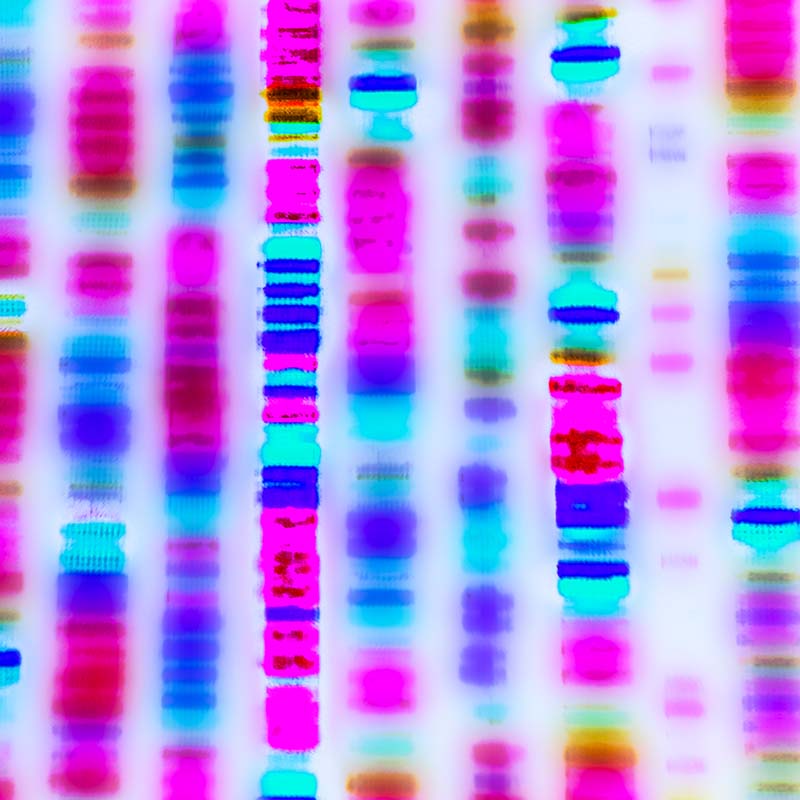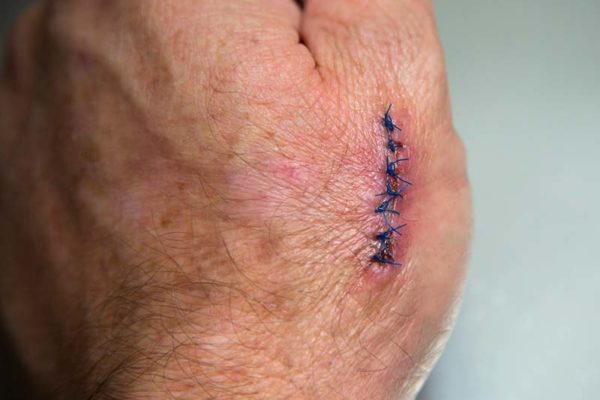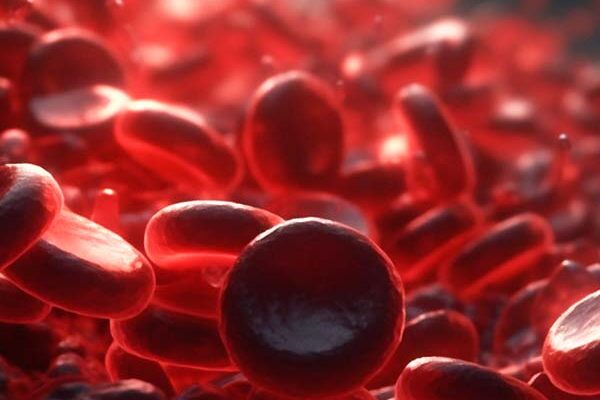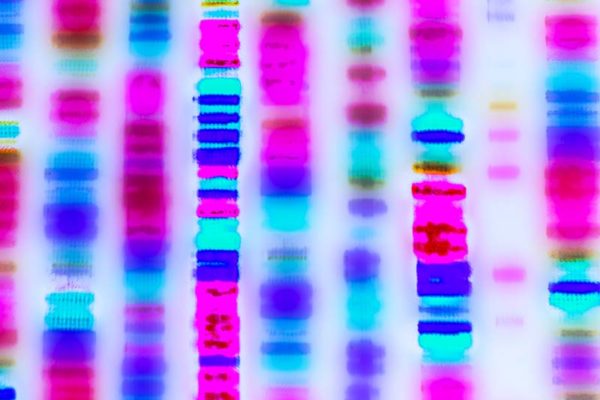A zinc finger to target both the ALS and FTD therapeutically
Summary
Amyotrophic lateral sclerosis (ALS) or motor neuron disease is a devastating neurological illness that can be caused by a GGGGCC-expansion in the C9ORF72 gene. ALS is a rare disease, affecting ~1 in 50,000 people, and is currently without a cure. C9ORF72 repeat expansion is believed to be the most common genetic abnormality in both familial ALS (22.5%) and familial Frontotemporal dementia (11.7%; FTD is a related illness). The repeat expansion appears to cause errors in splicing transcript formation that leads to an overall downregulation of correctly-spliced C9ORF72 expression. By repressing the mutant allele, and/or activating the WT version of the gene, WT function may be restored. In the present invention, we have designed a zinc finger (ZF) to target this GGGGCC-expansion, to target both ALS and FTD therapeutically
Technology
The present invention provides new zinc finger peptides and encoding nucleic acid molecules that can be used for the modulation of gene expression in vitro and/or in vivo. The new zinc finger peptides of the invention may be particularly useful in the modulation of target genes associated with expanded GGGGCC hexanucleotide repeats or CGG trinucleotide repeats, and more specifically the targeted repression of such genes.
Applications
ALS is a devastating neurological disease that is characterised by the gradual and progressive deterioration (degeneration) of the nerve cells (motor neurons) that control muscle movements. Frontotemporal dementia (FTD) is a relatively rare from of dementia, which occurs when nerve cells in the frontal and/or temporal lobes of the brain die, and the pathways that connect the lobes change as a result. To date, treatments for these and similar diseases, have generally focussed on trying to control the symptoms of rather than the causes of illness. It is thought that the treatment of most neurodegenerative diseases may require the correction of mutation(s) in vivo, directly in the affected tissue, or the sustained expression of therapeutic factors, for example altering gene expression. This invention provides an improved system for genetic engineering of therapeutic genes and peptides in diseased cells
Benefits
- This invention provides new zinc finger peptides and encoding nucleic acid molecules that can be used for the modulation of gene expression in vitro and/or in vivo.
- This invention has therapeutic applications for neurological disorders like ALS and FTD where altered expression of genes is part of the disease aetiology.
Intellectual Property
This technology is subject of a Priority patent application.





